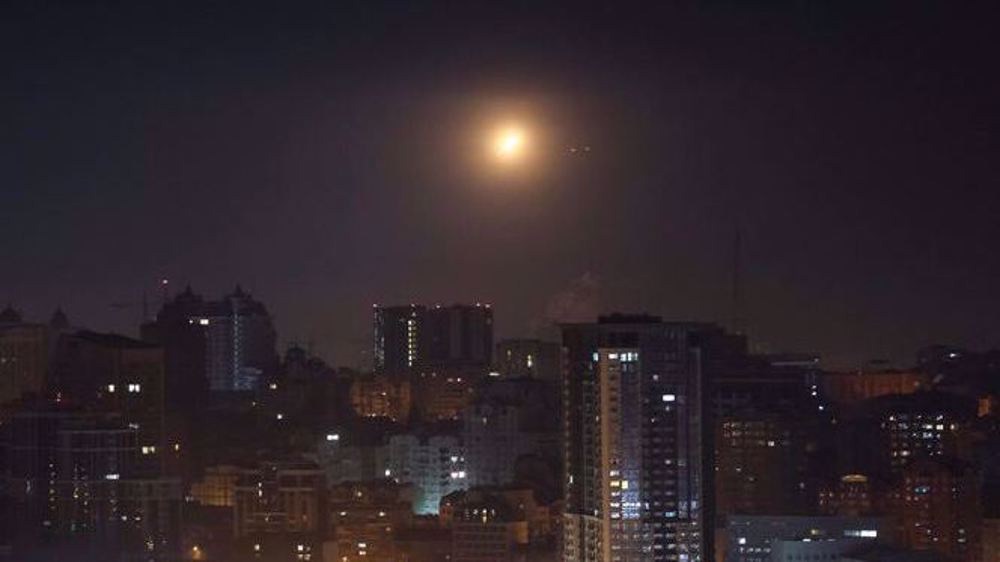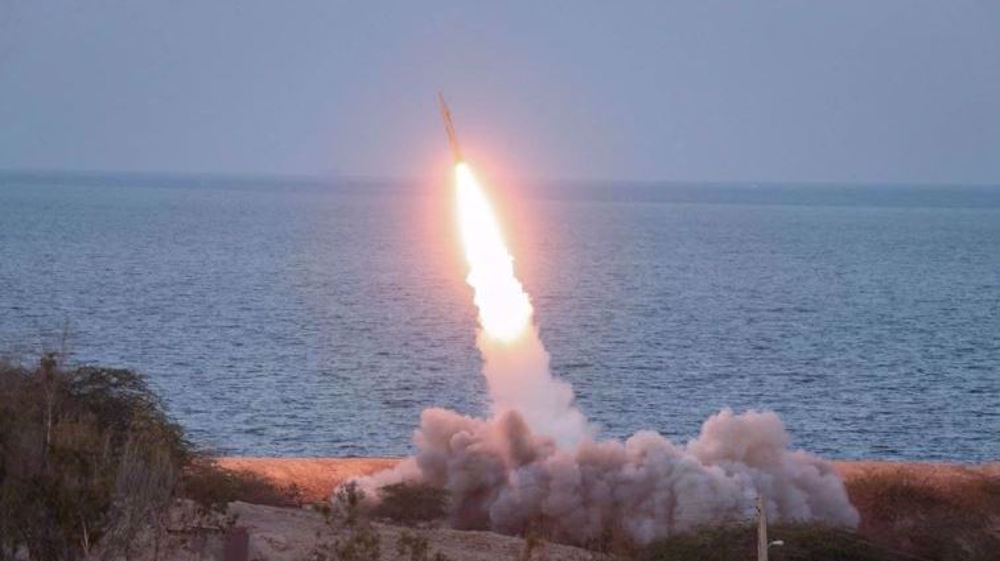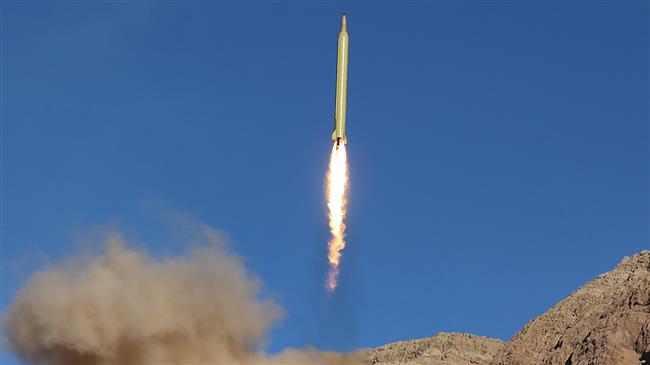US trying to prevent the advancement of Iran's missile programs: State Department official
A US State Department spokesperson has said the United States is concerned about the advancement of Iran's missile programs and acknowledged that Washington is trying to prevent it.
The spokesperson told the Washington-based The Hill newspaper on Thursday that Washington is concerned about Iran’s development of space launch vehicles, claiming Tehran is using it to advance its ballistic missile program.
“The United States continues to use all its nonproliferation tools to prevent the further advancement of Iran's missile programs and urges other countries to take steps to address Iran's missile development activity,” the spokesperson said.
Iran on Thursday successfully launched a domestically-built satellite carrier rocket, named Simorgh (Phoenix), sending three research devices into space, the Defense Ministry said.
Iran’s Defense Ministry Ahmad Hosseini said the space center’s components performed flawlessly and the stages of the satellite carrier’s launch took place according to plans. “Finally, the intended research goals [of the mission] were fulfilled.”
Hosseini said the launch followed several achievements in the Islamic Republic’s civilian space program.
The United States has expressed concern that Iran’s satellite launches are part of an effort by the Islamic Republic to develop ballistic missiles capable of delivering nuclear weapons.
The US State Department spokesperson claimed Iran’s space program, which is for civilian purposes, violates a resolution in the United Nations Security Council that calls upon Iran not to undertake activity related to ballistic missiles “designed to be capable of delivering nuclear weapons, including launches using such ballistic missile technology.”
Iran, which has long maintained its nuclear program is entirely civilian in nature, says its satellite launches and rocket tests do not have a military component.
Despite decades of Washington-imposed sanctions, Iran has made great achievements in its ballistic missiles program.
A Pentagon study has hailed Iran’s missiles program, saying its arsenal is larger than that of any other Middle Eastern countries.
"Iran has an extensive missile development program, and the size and sophistication of its missile force continue to grow despite decades of counter-proliferation efforts aimed at curbing its advancement," according to the Pentagon.
Iran has said its missile program is solely for defensive purposes and is not up for negotiations, and has rejected allegations by the previous US administration that the program violates Security Council Resolution 2231, which was adopted by the UN Security Council in July 2015 to endorse the Iran nuclear deal, officially called the Joint Comprehensive Plan of Action (JCPOA).

Trump eyes Ukrainian rare earth minerals in exchange for military support to Kiev

Russia launches ‘record’ strikes on Ukraine: Kiev

Trump wants return on Ukraine aid: ‘We’re getting our money back’
'Shocking attack on free expression': Canadian politician slams arrest of pro-Palestine activist
West Bank Palestinians fear Gaza style destruction as Israel escalates raids
Hamas: Ibrahimi Mosque massacre testament to Israel’s criminal policy
Trump eyes Ukrainian rare earth minerals in exchange for military support to Kiev
Six Gaza children, including newborn girl, die of cold weather as Israel blocks aid
Iran rules out nuclear talks with US amid ‘maximum pressure’ campaign
Israeli tanks roll into West Bank first time in 20 years as prelude to forcible annexation
VIDEO | Trump wants Ukraine's mineral wealth








 This makes it easy to access the Press TV website
This makes it easy to access the Press TV website